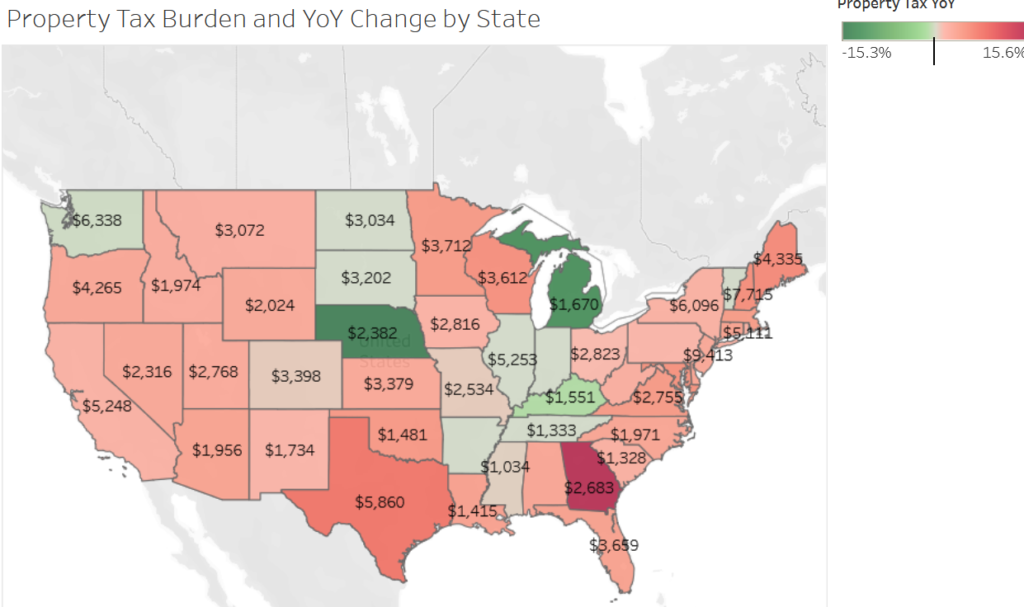
New Jersey has earned the unfortunate distinction of having some of the highest property taxes in the country. In fact, fifteen of our counties rank in the top 25 nationwide when it comes to property tax burdens. It’s no longer just a pain point for homeowners—it’s become a barrier to homeownership itself. If we want to preserve what makes New Jersey special while securing its future, we must take bold, strategic action to cut property taxes by at least 35%. This won’t be easy, and it won’t happen overnight, but continuing down the current path is simply unsustainable for middle-class families, retirees, and the next generation of homeowners.
The first step is to address the size of the state budget itself. Cutting the state’s budget by 10% across the board may sound drastic, but it is a necessary first move. When households face financial strain, they cut non-essentials and prioritize. The state must do the same. Streamlining government operations, eliminating redundancy, and demanding accountability in every department would send a clear message: we’re serious about turning New Jersey into the Affordable State.
Next, we must bring predictability and relief to property owners by passing a law to cap real estate tax increases for the next five years. Municipalities and school districts have grown used to passing increased costs onto homeowners, but that cycle must stop. Giving families a window of stability would allow for planning, savings, and breathing room—three things in short supply for most New Jerseyans.
Another major reform involves how our municipalities operate. With 564 towns and cities, the state is clogged with redundant services and bloated administrative costs. We need to aggressively encourage, or even mandate, shared services between municipalities—whether it’s police departments, public works, or administrative offices. Regionalization isn’t just a buzzword; it’s an imperative. Smaller towns can retain their identity without duplicating every department and payroll. It’s time for a new model that values cooperation over control.
Finally, education reform must be part of the property tax solution. Public education accounts for the largest portion of local property tax bills. In many districts, we’re spending more while students are learning less—especially in areas where reading and writing scores are well below grade level. We should empower charter schools by tying their funding to the per-student cost of the public school system. If charter schools can educate students more effectively—and often at lower cost—why not reward innovation and results? Parents deserve choice, students deserve better, and taxpayers deserve efficiency.
New Jersey doesn’t have to be the poster child for unaffordable living. We can become the model for what happens when a state puts its residents first, prioritizes affordability, and gets serious about long-term solutions. Let’s work toward a new identity—not just the Garden State, but the Affordable State.
If you agree it’s time for change, speak up. Contact your state legislators and local officials. Share this post with neighbors, friends, and community leaders. Join the conversation and demand a smarter path forward—because the future of affordability in New Jersey depends on all of us.
